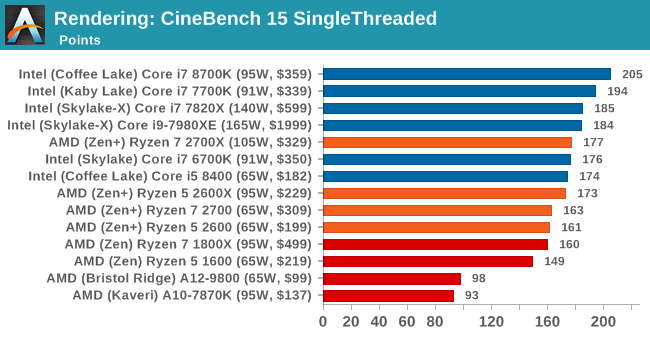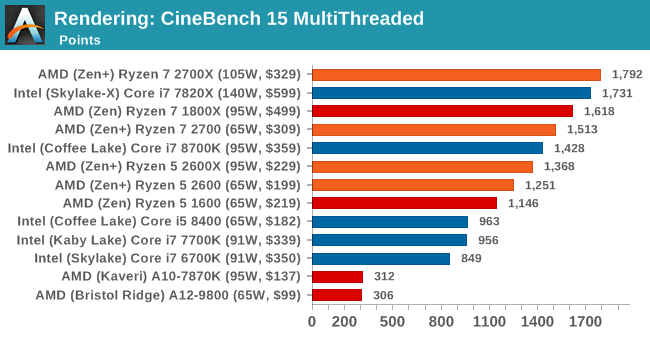Originally posted by Jabberwocky
View Post
I guess a better title would be "As Shipped".
 Games likes that sthread perf to provide higher fps. Look at passmark results for example:
Games likes that sthread perf to provide higher fps. Look at passmark results for example: Is that easy to understand?
Is that easy to understand? 




 Games likes that sthread perf to provide higher fps. Look at passmark results for example:
Games likes that sthread perf to provide higher fps. Look at passmark results for example: Is that easy to understand?
Is that easy to understand? 









Comment